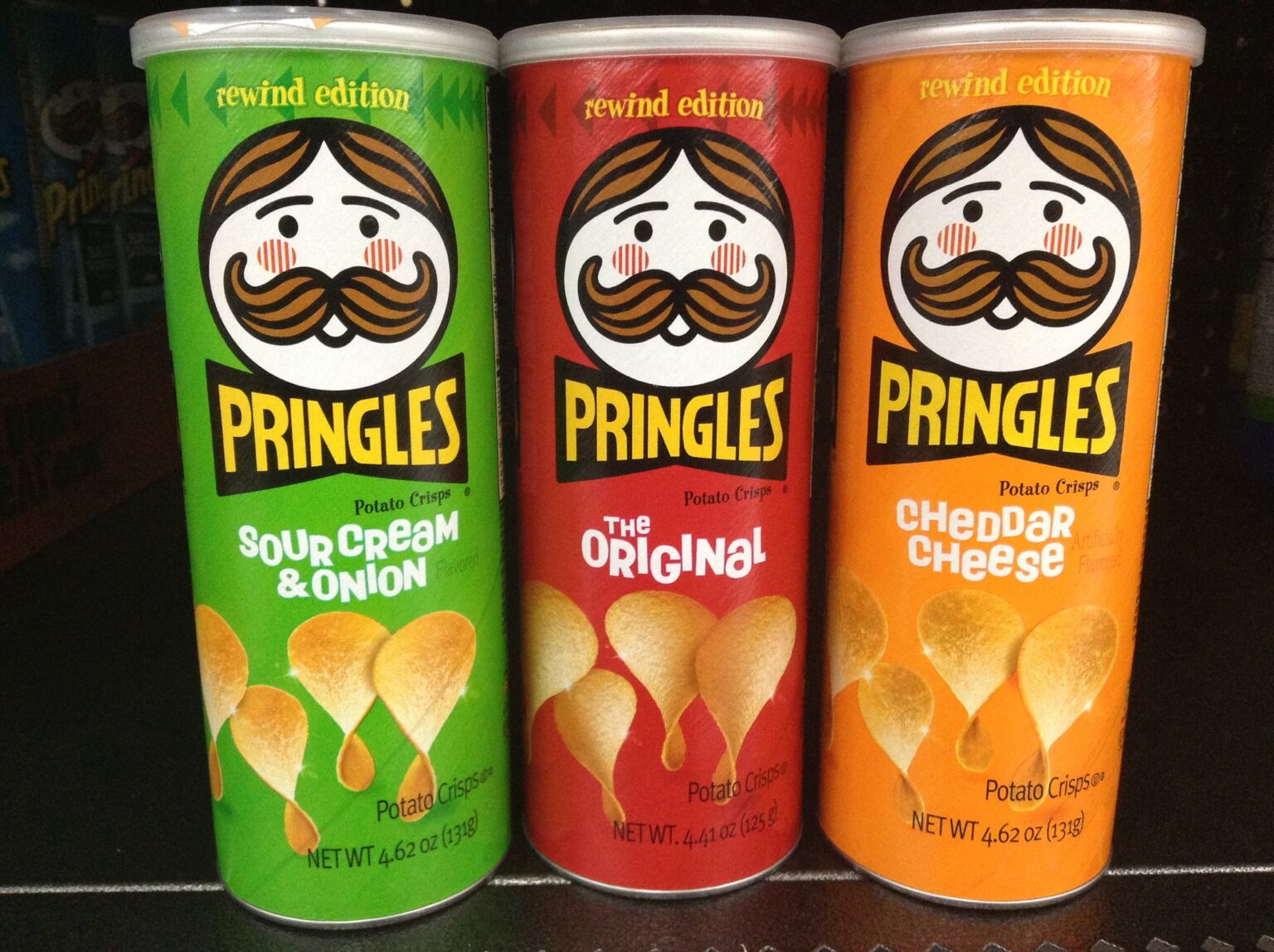On Wednesday, American giant food manufacture Mars Inc. announced it would acquire Kellanova, one of its major competitors in the snack market.
All told, Mars will pay $35.9 billion to close the deal, or $83.50 per share, paid in cash.
Both companies have a long and star-studded history. Started by Frank C. Mars in 1911, the eponymous Mars now owns multiple iconic snack brands, like Snickers and M&M’s, that each pull in hundreds of millions of dollars in revenue annually. The company also controls no fewer than ten pet care brands with more than $1 billion in sales.
Meanwhile, Kellanova, is a 2023 Kelloggs spin off. It counts brands like Pringles, Cheez-It, and Pop-Tarts among its shelf of snack options.
Both companies have widespread appeal and brand recognition in the US and around the world. In 2023, Kellanova pulled in more than $13 billion across 180 markets. Mars took in almost four times as much.
“This is an exciting opportunity to create a broader, global snacking business,” Global President of Mars Snacking Andrew Clarke, said.
According to CNBC, Mars has historically beaten out Kellanova in China, while the reverse is true in Africa. Together, the two snacking giants could further grow an already massive global presence.
Mars recognized that potential in its statement, highlighting how the “combined portfolio” of the two companies “will be well-suited to meet consumer demands for a variety of tastes and price points in fast-growing geographies, including Africa and Latin America, through complementary routes-to-market, supply chains and local operations.”
The acquisition sparked excitement among investors.
On the day of the announcement, Kellanova stock rose 7% — more than any other stock in the S&P 500 that day. Other food brands, such as General Mills, also saw gains.
The move may help Mars and Kellanova beat stagnating growth caused by consumers looking to save money after years of skyrocketing prices.
According to the US Department of Agriculture, US food prices have increased by nearly 25% between 2019 and 2023 — more than housing, medical care, or apparel.
While policies like the Inflation Reduction Act have brought inflation back down to below 3% over the last year, consumers are still weary of high snack prices.
Related: Trump Presidency Will Reignite Inflation, 16 Nobel-Winning Economists Say
Accordingly, Mars CEO Poul Weihrauch told Reuters that the combined company will try to maintain current prices.
However, some are worried that the deal could give that combined company too much power.
Corporate watchdog Food & Water Watch warns that the deal would “harm consumers.” The combined company would “take in half of all snack and cereal bar sales,” the group predicted, “making the market highly consolidated.”
Research from the group and the Federal Trade Commission has demonstrated that these corporate mergers contribute to rising food prices.
Indeed, there have been multiple record-breaking mergers and acquisitions in the US food market since 2018. These deals have meant “fewer grocery stores, higher food prices, and lost jobs” — which means they “threaten Americans’ food security,” according to the Center for Science in the Public Interest.
Related: Google Eyes AI Startup WIZ for Historic $23 Billion Acquisition
Regulators do sometimes fight back against these mergers. Krogers and Albertsons, for example, are currently still in a years-long approval process for their merger.
However, Kellanova CEO Steve Cahillane told Money Movers that he doesn’t think regulators will oppose Mars’ acquisition of Kellanova.


